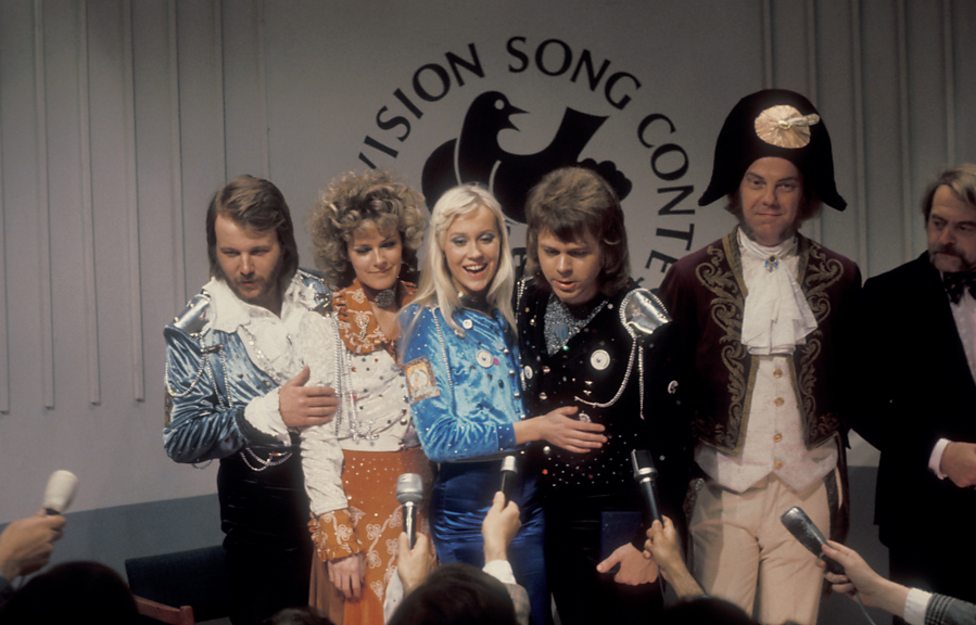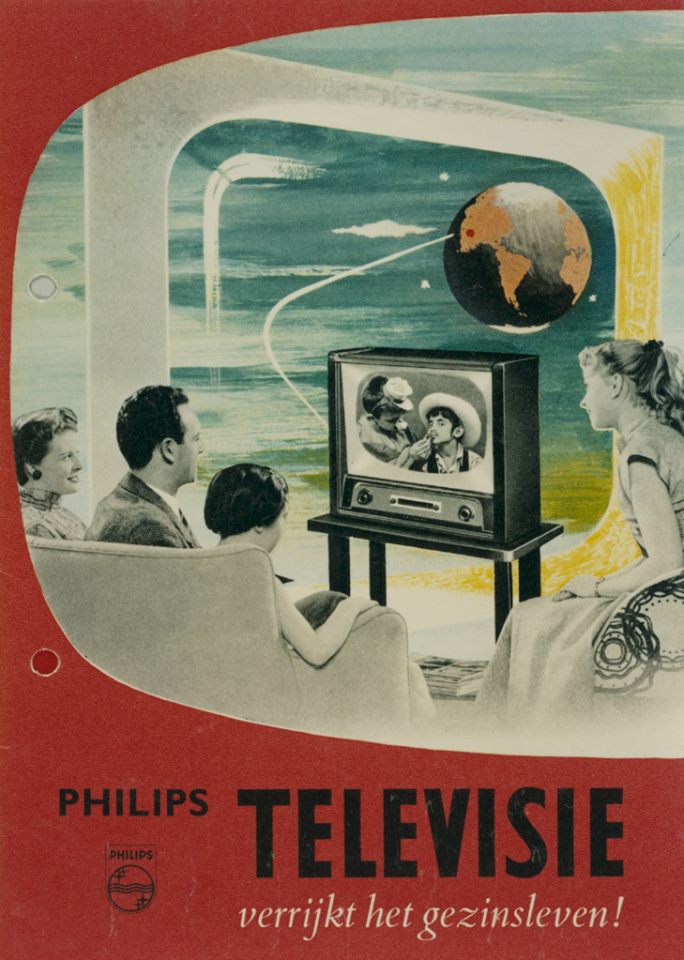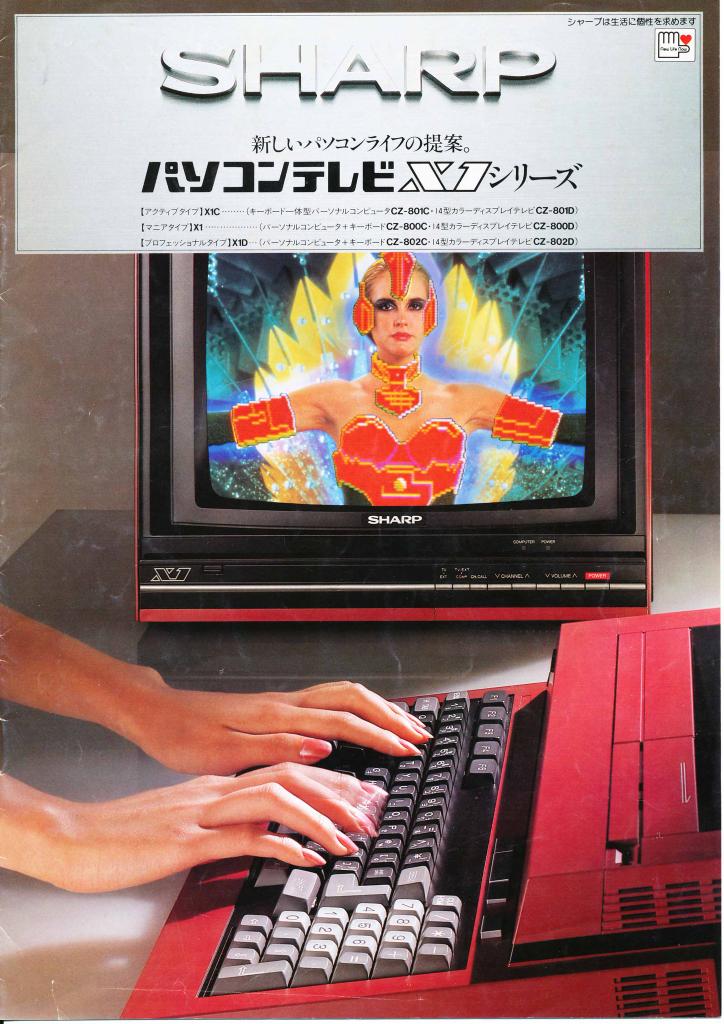
“This is the Wartime Broadcasting Service. This country has been attacked with nuclear weapons."
If atomic war broke out how would Britain react? Well from 1953 to 1992 the UK had a detailed plan to break the news to citizens.
Let's take a look at it...

If atomic war broke out how would Britain react? Well from 1953 to 1992 the UK had a detailed plan to break the news to citizens.
Let's take a look at it...


During WWII the BBC had plans for a Wartime Broadcasting Service, in case Britain’s main cities were knocked out by German bombers. BBC staff would move to Wood Norton, a stately home in Worcestershire, to provide an emergency radio service. 

Once WWII ended the BBC had vague plans to recreate the Wartime Broadcasting Service if Soviet bombers launched a nuclear attack. It would provide information, encouragement and ‘diversions’ - music, drama, comedy and religious programmes - for the irradiated population.
In 1953 that the Four Minute Warning public alert system was put in place in the UK; a co-ordinated plan to alert the public to a nuclear attack. Four minutes was the time between detecting an incoming Soviet ICBM and its detonation over British soil.
It wasn’t much time…
It wasn’t much time…

...and nobody really wanted to own it. The RAF and the Home Office both insisted triggering the Four Minute Warning was the other’s responsibility. They were wary of being blamed if a false alarm was raised, or if an attack happened without a warning being issued. 

By the 1960s the RAF had set up a ballistic missile early warning system at Fylingdales in North Yorkshire, which would trigger the Four Minute Warning process. Previously the UK government had relied on Jodrell Bank observatory to detect any attack. 



The UK Warning and Monitoring Organisation (UKWMO) would then use the HANDEL warning system: the “Attack Warning RED!” command would be transmitted via the Post Office Speaking Clock network to all police stations, who would then activate local air attack sirens. 

The UKWMO had a number of volunteers who were trained to monitor and measure the strength of any atomic attack. Many of the volunteers were school science teachers and in the event of nuclear war they would head to their designated area control bunker. 



Meanwhile the Four Minute Warning would be broadcast on all TV and radio channels from a special studio in BBC Broadcasting House, before a single radio service – Radio 4 – took over from a bunker in Wood Norton. “Stay tuned to this wavelength, stay calm and stay in your homes.” 

Initially the BBC planned to broadcast The Sound of Music, Hancock’s Half Hour, I’m Sorry I Haven’t A Clue and other popular programmes to distract people from the apocalypse. However this idea was later dropped as it could lead to citizens wasting their radio batteries. 

In the run up to any war a Civil Defence Information Bulletin would be broadcast on all TV channels, telling the public what they could do to prepare for armageddon. Turning off the gas and not flushing the lavatory were some of the helpful tips it had for worried citizens.
In 1980 a new series of films and leaflets – called Protect and Survive – were created by the Home Office. The films were produced by the same company that made the Charlie Says child safety cartoons.
Protect and Survive explained the various air attack warnings, how to make a fall-out room and what to do with the dead. Many anti-nuclear groups distributed the leaflet widely as they felt it actually discredited the idea of nuclear deterrence – it was a terrifying read! 

In 1992 the national air attack sirens were dismantled; they were hard to hear through double glazing. A new National Attack Warning System was introduced in 2003, although by 2012 it became clear this analogue system wouldn’t really work in a world of digital TV. 



So what's the current comms plan in case of nuclear attack? Will we get a text? Do we need to check Twitter? Is there an emoji for the Apocalypse? Nobody is really sure. But if the bomb drops I know where I will be.
More stories another time...
More stories another time...

• • •
Missing some Tweet in this thread? You can try to
force a refresh

























